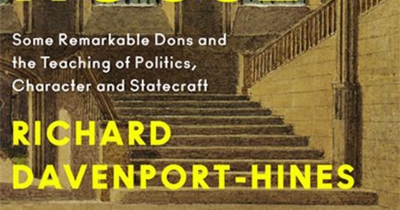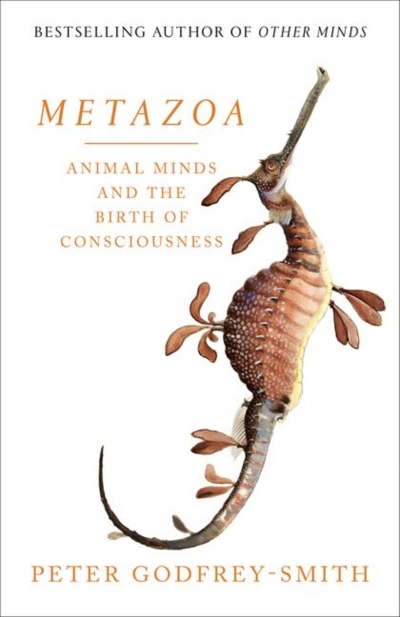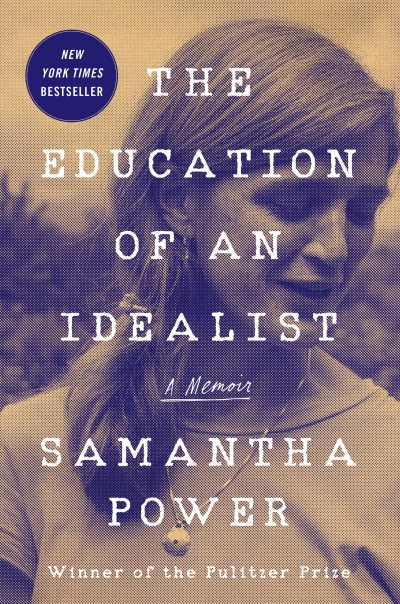William Collins
History in the House: Some remarkable dons and the teaching of politics, character and statecraft by Richard Davenport-Hines
by Glyn Davis •
Metazoa: Animal minds and the birth of consciousness by Peter Godfrey-Smith
by Diane Stubbings •
The Education of an Idealist: A memoir by Samantha Power
by Varun Ghosh •





